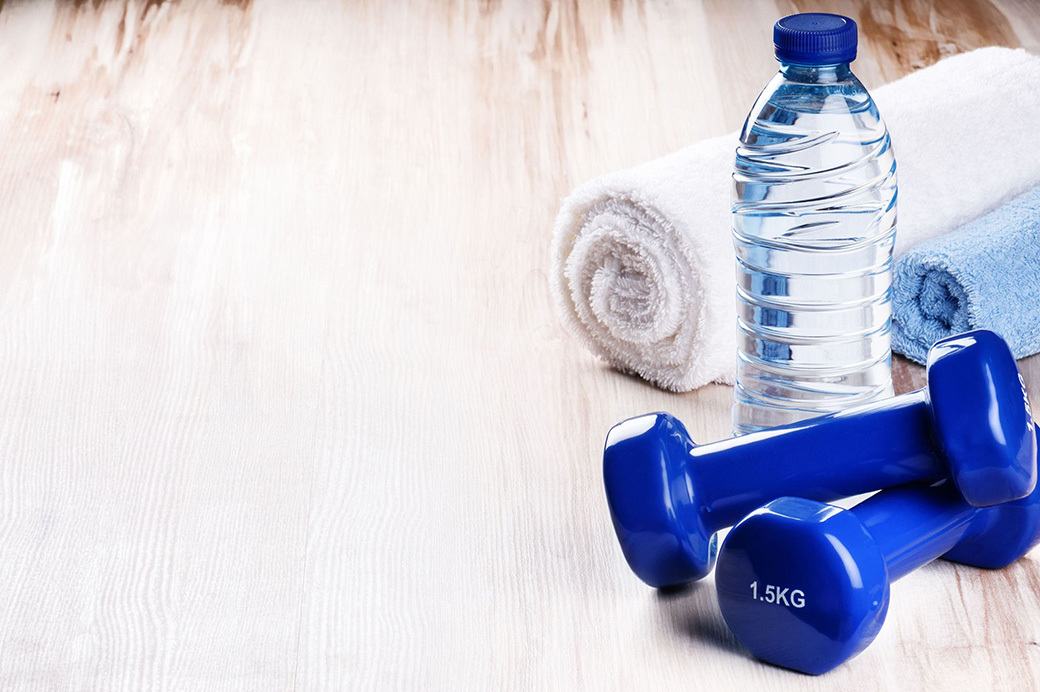Exercise is defined as any body movement that makes your muscles work and requires your body to use calories. There are a variety of different types of physical exercise including running, walking, swimming, lifting weights, dancing and many others. You are likely aware of the physical health benefits that come with regular exercise such as weight control, lower blood pressure, reduced risk of diabetes, and increased energy. But did you also know that there are important mental health benefits from exercise? Regardless of age or fitness level, research shows that making time for exercise provides some serious mental health benefits.
Decrease depression and anxiety
Research shows that exercise is a mood booster and can decrease symptoms of depression and anxiety. But how does this happen? Even moderate levels of physical activity increase the body’s “feel good” chemicals, called endorphins. Produced during exercise, endorphins are produced by the brain and spinal cord and result in increased happiness. You have probably heard the term “runner’s high” described by avid distance runners. The good news is that even moderate exercise throughout the week can improve depression and anxiety in such an impactful way that some mental health providers will prescribe this as an intervention before turning to medications.
Decrease stress
Another benefit of exercise is reduced stress levels. Working up a sweat can decrease the tension and stress in the body. Exercise also increases the production of norepinephrine, which is a chemical that moderate’s the brain’s response to stress. That workout on your to-do list will not only help reduce tension and stress, but also boost the body’s ability to respond to stress.
Increase self-esteem and self-confidence
When we set an exercise goal and work hard to achieve it, we feel proud of our accomplishments. Further, the physical benefits of exercise including weight loss and increasing muscle tone can add to self-confidence about physical appearance. This positive feedback loop often leads to setting additional exercise goals and reaping further self-esteem rewards.
Improved sleep
Difficulty sleeping is associated with many mental health problems, including depression and anxiety. If you are having trouble sleeping, regular exercise may help. Exercise helps regulate your circadian rhythm, which is the natural timepiece for feeling alert and tired. Physical exercise also increases body temperature which can have a relaxing effect on the mind. The benefit here is that you spend less time before bed with a racing mind, increasing the likelihood of sleep onset. One important note regarding exercise and sleep is to be sure you are not working out in close proximity to bedtime, as this could backfire in your goal for better sleep.
Next time you need a motivation boost to get you out the door after lacing up your running sneakers, remember that there are major mood benefits to exercise. When you invest time in exercise, your hard work pays off not only for your physical health, but for your mental health as well.

